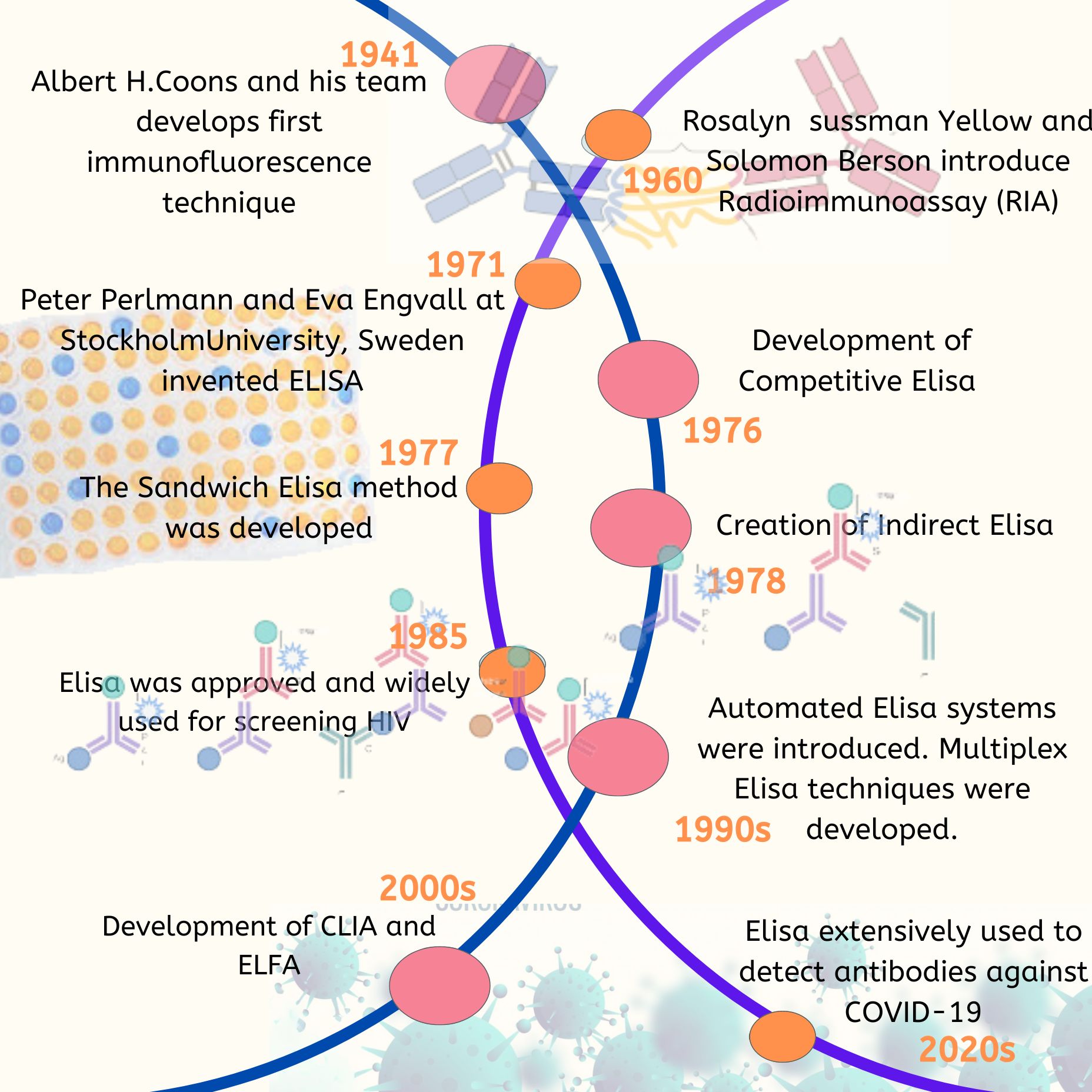Reactive arthritis (RA) is inflammatory arthritis caused by bacterial infection. It is classified as an autoimmune condition that is caused by a reaction to an infection occurring in another part of the body. This can cause joint pain and inflammation of the eyes and skin. The swelling and pain particularly affect the knees and the ankles. This condition is not common and is temporary that can disappear within a year. RA is mostly frequent with individuals in their 30s and 40s but can affect people of any age. Some examples of infection that causes reactive arthritis include chlamydia trachomatis (genitals) and salmonella (the bowel). Though the reactive arthritis is not contagious, the infection can be passed to another person. RA is also known as Reiter’s syndrome which is a specific kind of reactive arthritis that affects the joints, eyes and urethra.
Causes
One of the common reasons of reactive arthritis is the infection of chlamydia trachomatis transmitted by sexual intercourse. The other causes include the digestive tract infections by salmonella and campylobacter which occurs by consuming unhygienic food. It is not exactly known why the infected people develop reactive arthritis but genetic factors are identified to increase the risk. Inheriting the genetic factor responsible for reactive arthritis does not guarantee to develop this condition.
Symptoms
The most common symptoms of reactive arthritis are the inflammation of the joints, urogenital tract and the eyes (conjunctivitis). Reactive arthritis may develop within a few weeks or in some cases years after the onset of infection, progressing slowly. The joint pain mostly occurs in the feet, knees or ankles. Along with this, they may also experience pain the buttocks. People can develop the swelling of their toes and fingers giving the appearance of sausages.
Diagnosis
Physical examination may illustrate the signs of reactive arthritis such as inflammation of the joints, eyes and the skin for rashes. A blood test may be conducted to identify the infection, inflammations and antibodies associated with arthritis.
Treatment
There is no cure for reactive arthritis but certain medications can relieve the symptoms. The early stage of inflammation can be treated with non-steroidal anti-inflammatory medications thus reducing the swelling and the pain. The later stage (chronic) may be treated with corticosteroid injections. Physical strengthening exercise can improve the joint function. A physical therapist may recommend the appropriate exercise to increase the joint’s support.
Certain food that triggers the inflammation can be also avoided. This includes sugar, saturated fats, mayonnaise, peasants, refined carbohydrates such as potatoes and bread.
Prevention
As reactive arthritis is caused by an infection, no definitive method can be preventative.
However, prevention attempt can include consuming food prepared and served hygienically to avoid developing infections caused by food borne bacteria. Sexually transmitted infections causing this condition could also be prevented by the use of condoms.



